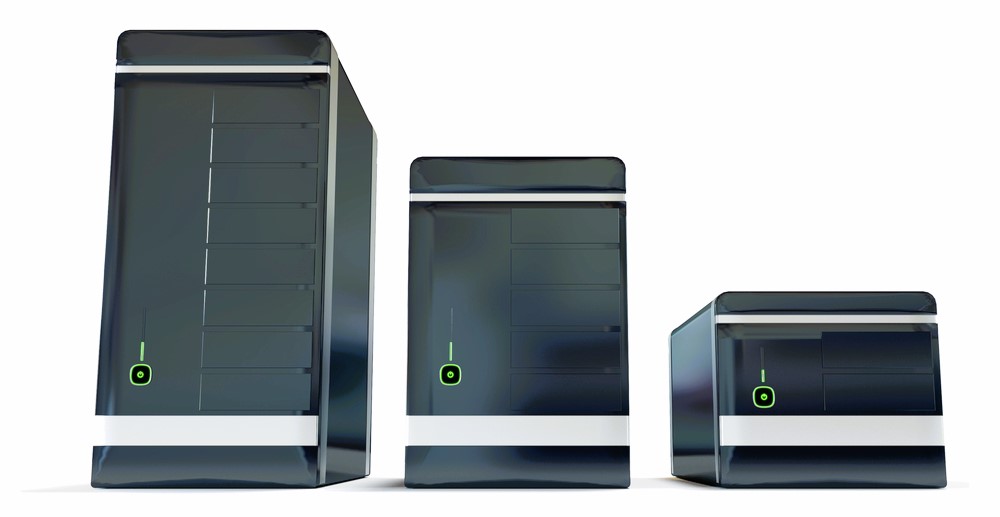In an age where environmental consciousness is more critical than ever, even the digital world is striving to reduce its carbon footprint. Web hosting, the infrastructure behind every website on the internet, is no exception. As the demand for websites and online services continues to grow, so does the energy consumption of data centers. Eco-friendly hosting, also known as green web hosting, aims to mitigate the environmental impact of hosting websites and applications. In this article, we’ll explore what eco-friendly hosting is, why it matters, and how to choose a green web host for your online presence.
Understanding Eco-Friendly Hosting
Eco-friendly hosting is a hosting service that prioritizes sustainability and environmental responsibility. It focuses on reducing the carbon emissions and energy consumption associated with running servers and data centers. This type of hosting aims to minimize the environmental impact of web hosting operations by using renewable energy sources, energy-efficient hardware, and eco-friendly practices.
Key aspects of eco-friendly hosting include:
- Renewable Energy: Eco-friendly hosts often power their data centers with renewable energy sources like wind, solar, or hydropower. This shift away from fossil fuels reduces the carbon footprint of hosting operations.
- Energy Efficiency: Green web hosts invest in energy-efficient hardware and cooling systems, which consume less electricity to operate. This results in reduced energy waste and cost savings.
- Carbon Offsetting: Some eco-friendly hosting providers engage in carbon offsetting initiatives to compensate for the emissions produced during hosting operations. This may include planting trees or supporting renewable energy projects.
- Environmental Certifications: Hosting companies can obtain certifications like ISO 14001, which signifies their commitment to environmental management and sustainability practices.
Why Eco-Friendly Hosting Matters

- Reduced Carbon Emissions: Traditional web hosting relies heavily on fossil fuels, contributing to carbon emissions and global warming. Eco-friendly hosting reduces this environmental impact by using renewable energy sources.
- Energy Efficiency: Energy-efficient hosting practices not only benefit the environment but also reduce operational costs for hosting providers, potentially leading to cost savings for customers.
- Sustainability: Eco-friendly hosting promotes sustainability by supporting renewable energy, responsible resource management, and reduced electronic waste.
- Consumer Demand: As environmental awareness grows, consumers are increasingly seeking businesses and services that demonstrate environmental responsibility. Hosting with a green provider can appeal to environmentally conscious audiences. Read our article about email hosting at this link.
How to Choose a Green Web Host
When selecting an eco-friendly hosting provider, consider the following factors:
- Renewable Energy: Look for hosting companies that power their data centers with renewable energy sources. Many green hosts proudly advertise their commitment to renewable energy on their websites.
- Energy-Efficient Hardware: Inquire about the hosting provider’s hardware and cooling systems. Energy-efficient infrastructure reduces energy consumption and contributes to sustainability.
- Carbon Offsetting: Some hosting companies engage in carbon offsetting initiatives. Research whether your prospective host participates in such programs to mitigate their environmental impact.
- Certifications: Check if the hosting provider has obtained environmental certifications, such as ISO 14001. These certifications demonstrate their commitment to eco-friendly practices.
- Transparency: A green web host should be transparent about their sustainability efforts. Look for information on their website regarding their environmental initiatives and practices.
- Support and Features: Assess whether the hosting plan meets your website’s technical requirements. Ensure that the eco-friendly host offers the features and support you need.
- Customer Reviews: Read customer reviews and testimonials to gauge the host’s performance, reliability, and commitment to eco-friendly hosting practices.
- Cost: Compare the pricing of eco-friendly hosting plans with non-green alternatives. While green hosting may have a slightly higher upfront cost, the long-term benefits may outweigh the difference.
Eco-Friendly Hosting Providers

Several web hosting providers have embraced eco-friendly hosting practices and can be excellent choices for environmentally conscious website owners. Some of these providers include:
- GreenGeeks: GreenGeeks is known for its commitment to sustainability. They offer 300% renewable energy hosting and have received numerous awards for their eco-friendly initiatives.
- A2 Hosting: A2 Hosting focuses on energy-efficient hosting and has implemented several green initiatives to reduce their carbon footprint.
- HostPapa: HostPapa is a green hosting provider that uses renewable energy and supports tree planting initiatives as part of their environmental commitment.
- SiteGround: SiteGround emphasizes energy efficiency and regularly invests in green technologies to reduce its carbon emissions.
- DreamHost: DreamHost is committed to sustainability and purchases Renewable Energy Credits to power its data centers with renewable energy.
The Impact of Your Choice
Choosing an eco-friendly hosting provider not only reduces your website’s environmental impact but also contributes to the broader effort to combat climate change. By supporting green hosting practices, you can make a positive difference while maintaining a reliable online presence.
In a world where sustainability and environmental responsibility are increasingly crucial, eco-friendly hosting is a meaningful step towards reducing the environmental impact of the digital realm. As the internet continues to grow, choosing a green web host is a small but impactful way to contribute to a more sustainable future.

